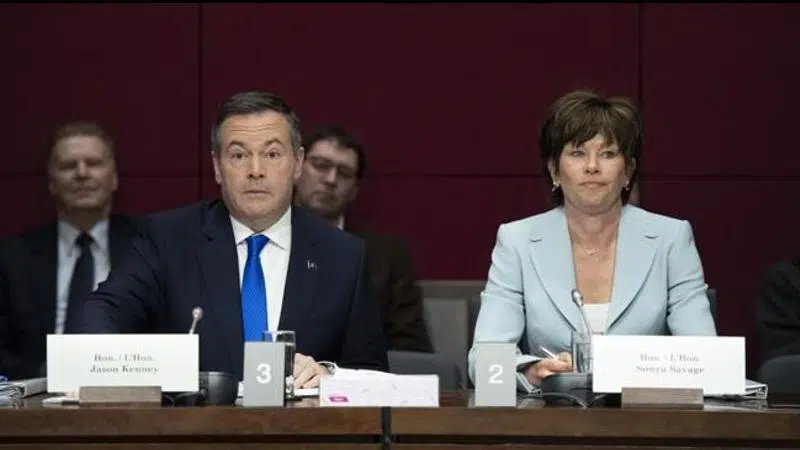
‘Rope-a-dope’: Environmentalists say Alberta war room threat won’t distract them
EDMONTON — Environmental groups targeted by Alberta Premier Jason Kenney are shrugging off the new government’s promised $30-million “war room” to fight criticisms of the province’s energy industry.
“The war room makes for good theatre, but the people who follow this closely are going to look at this as amateur hour,” said Keith Stewart of Greenpeace.
“Chasing environmentalists might play well politically, but it’s not actually relevant to the discussion that Alberta and Canada need to be having,” added Simon Dyer of the clean-energy think tank Pembina Institute.
